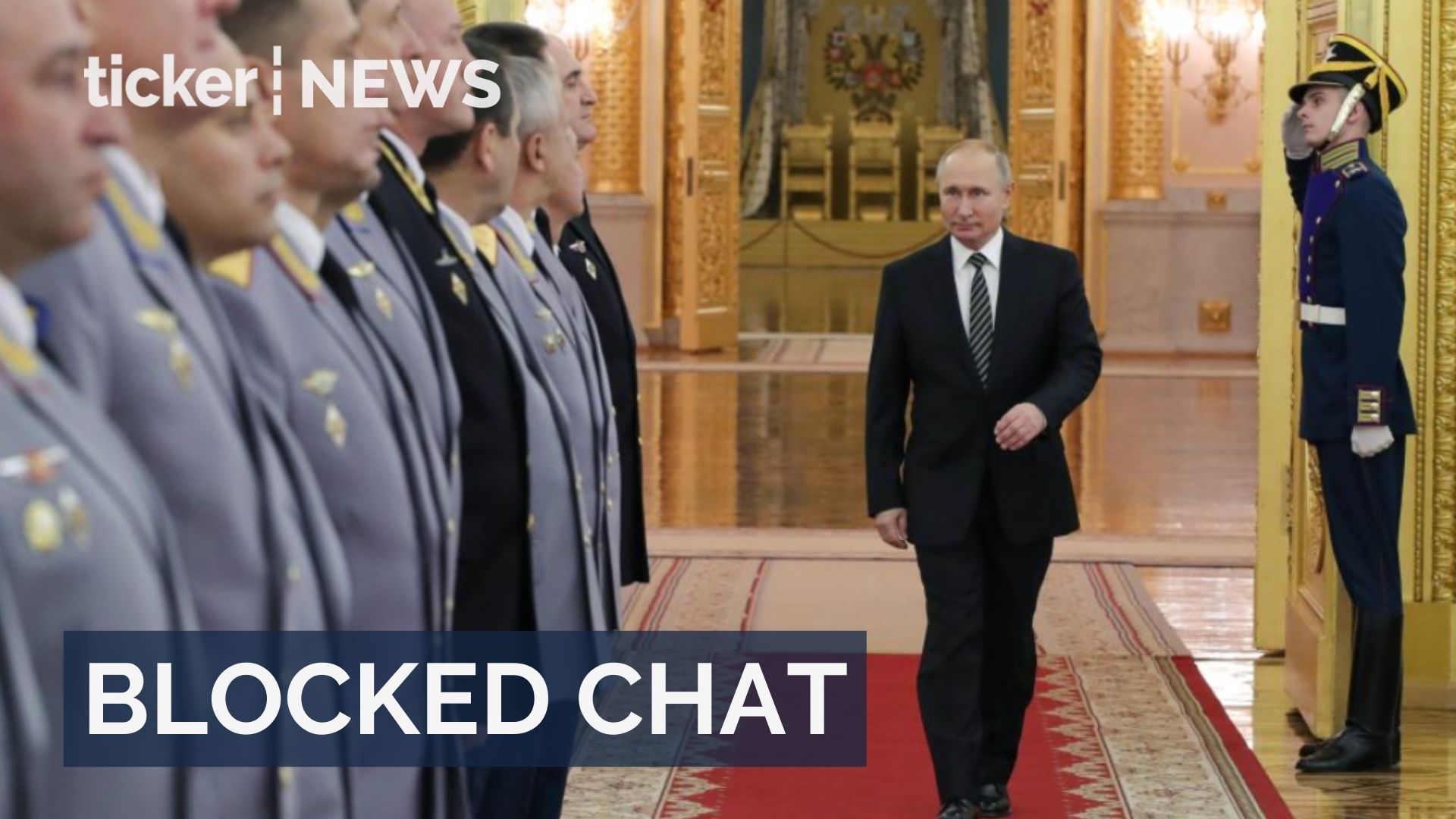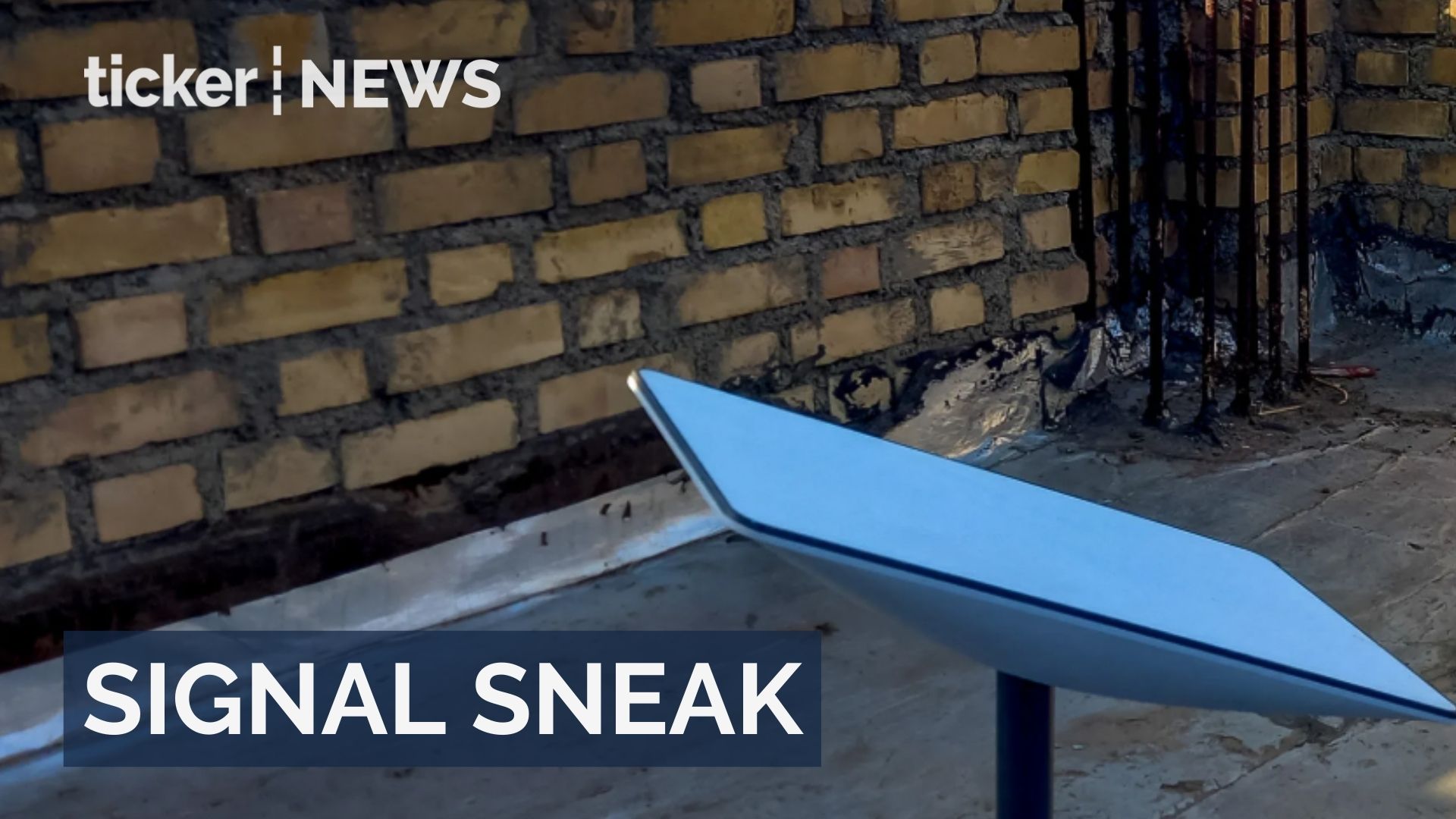News
Twitter Files: Staffers felt Trump did not violate ‘incitement’ policy
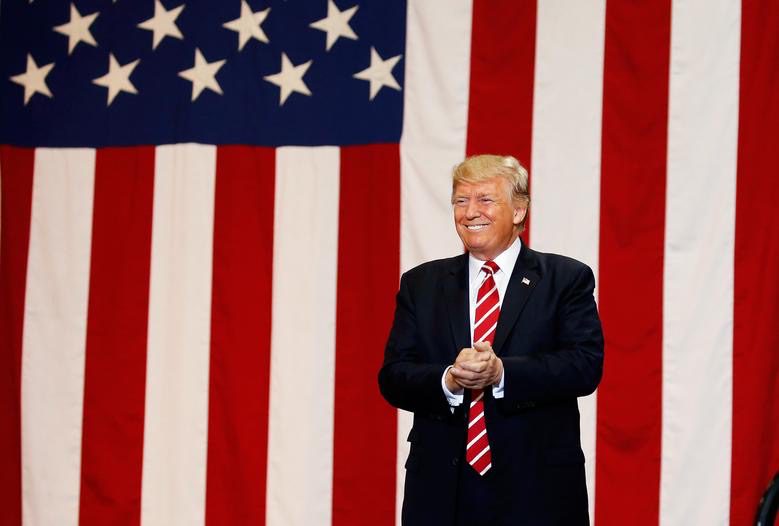
News
Sheriff Nanos dismisses evidence claims in Nancy Guthrie case update
Sheriff Nanos addresses evidence claims and FBI collaboration in Nancy Guthrie case amidst ongoing investigation controversies
News
Russia bans WhatsApp and promotes state-backed messaging app
Kremlin blocks WhatsApp, urging citizens to use state-backed MAX; critics warn of surveillance, prompting protests in Moscow.
News
U.S. secretly sent 6,000 Starlink terminals to Iran after protests
US covertly sent 6,000 Starlink terminals to Iran amid protests, aiding internet access despite government shutdowns and crackdown violence.
-



 Ticker Views4 days ago
Ticker Views4 days agoLunar Gateway faces delays and funding debate amid Artemis ambitions
-

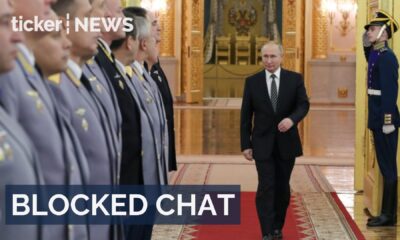

 News2 days ago
News2 days agoRussia bans WhatsApp and promotes state-backed messaging app
-



 Ticker Views4 days ago
Ticker Views4 days agoSouth Korea introduces AI job protection legislation
-

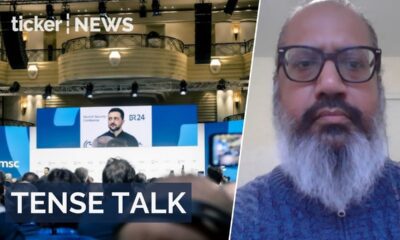

 Ticker Views5 days ago
Ticker Views5 days agoU.S. ambassador responds to NATO criticism at Munich Security Conference
-

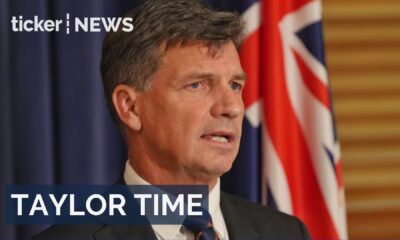

 News2 days ago
News2 days agoAngus Taylor elected Liberal leader after decisive ballot victory
-

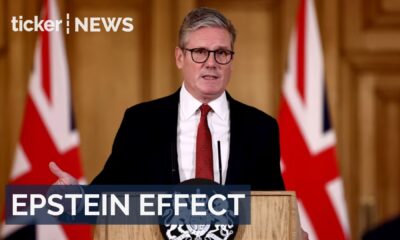

 News5 days ago
News5 days agoPM Keir Starmer facing his biggest leadership crisis yet
-



 Leaders3 days ago
Leaders3 days agoUAE and Saudi Arabia lead MENA’s gaming economy
-



 Money2 days ago
Money2 days agoWall Street tumbles as tech stocks face AI disruption fears







